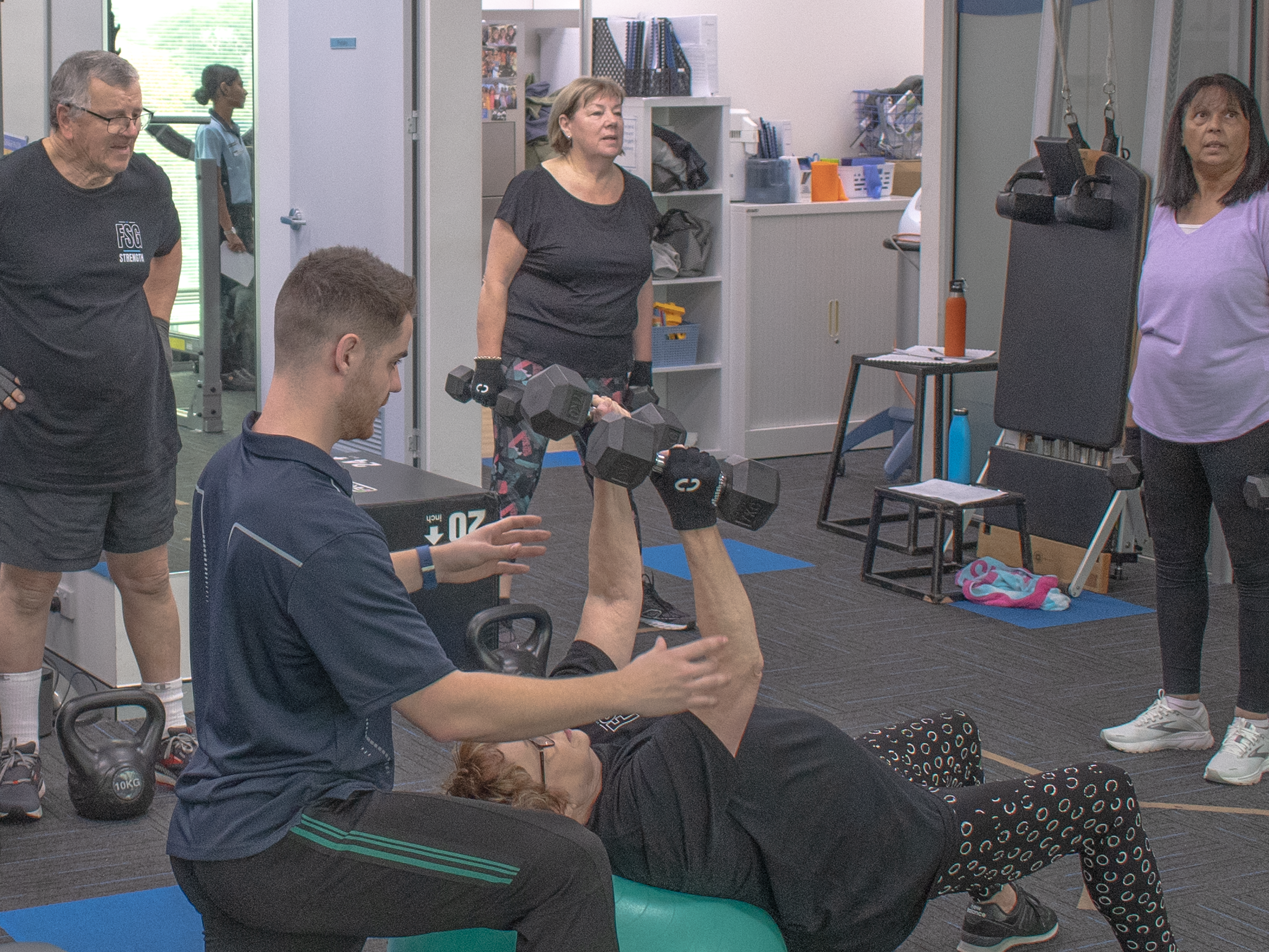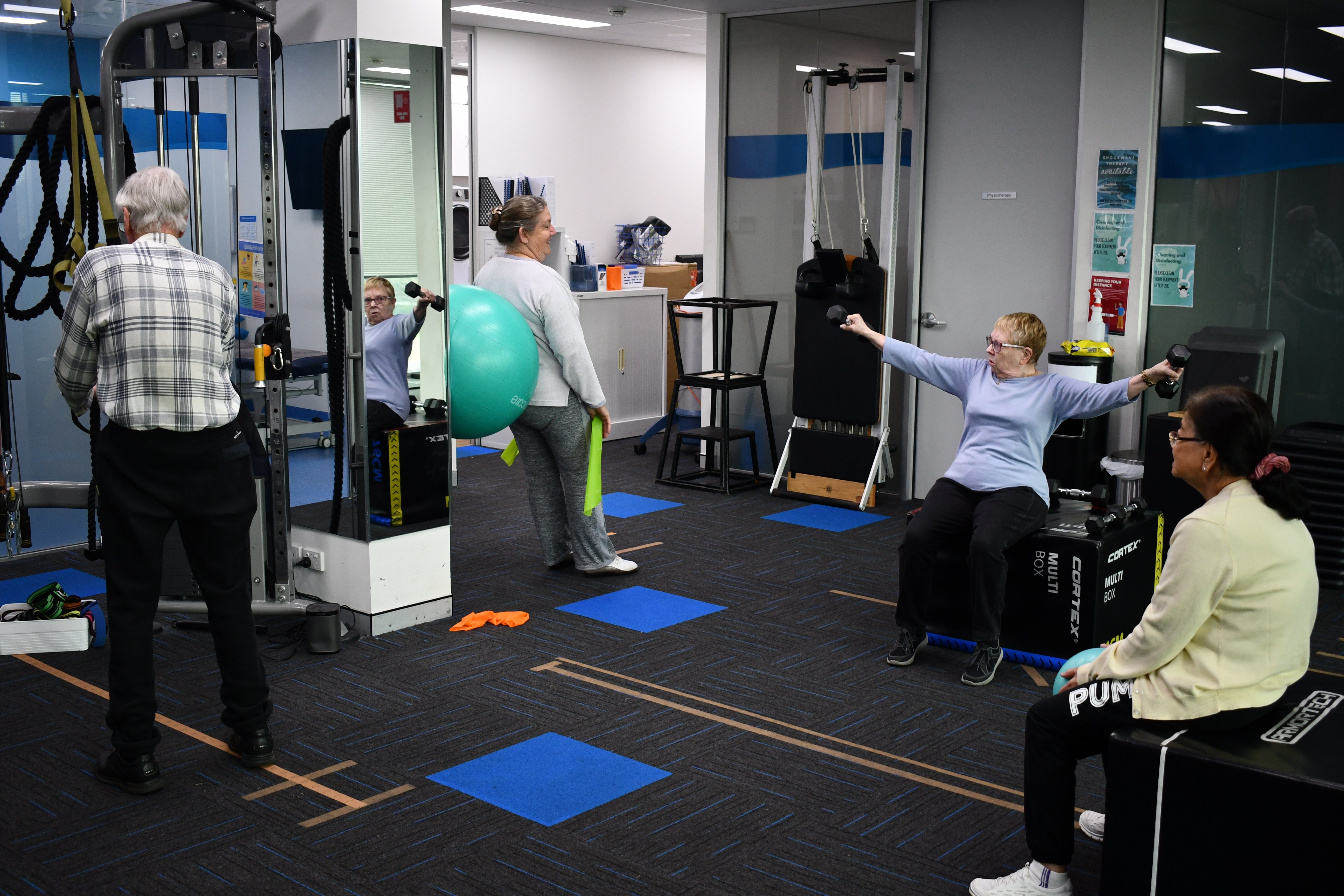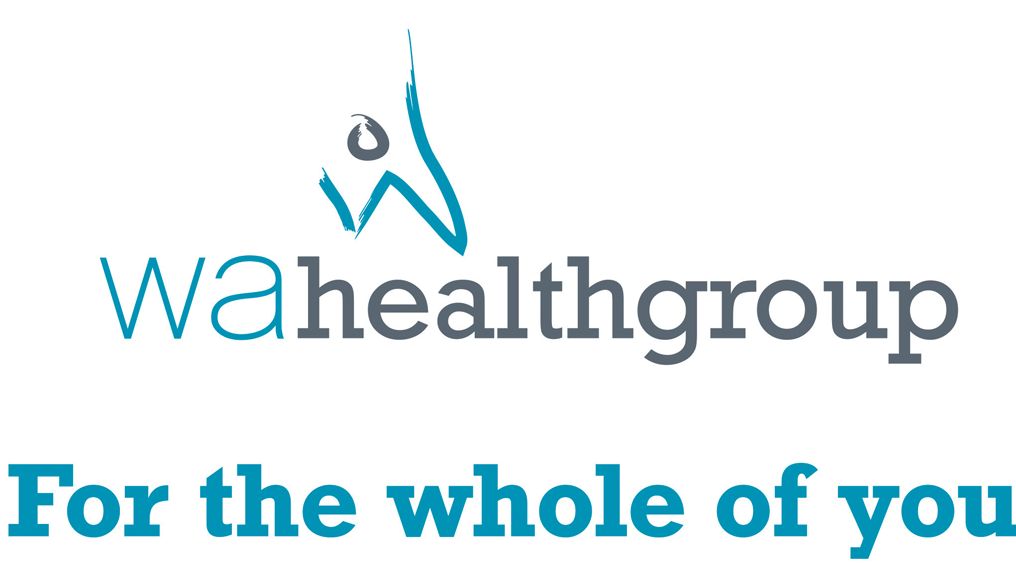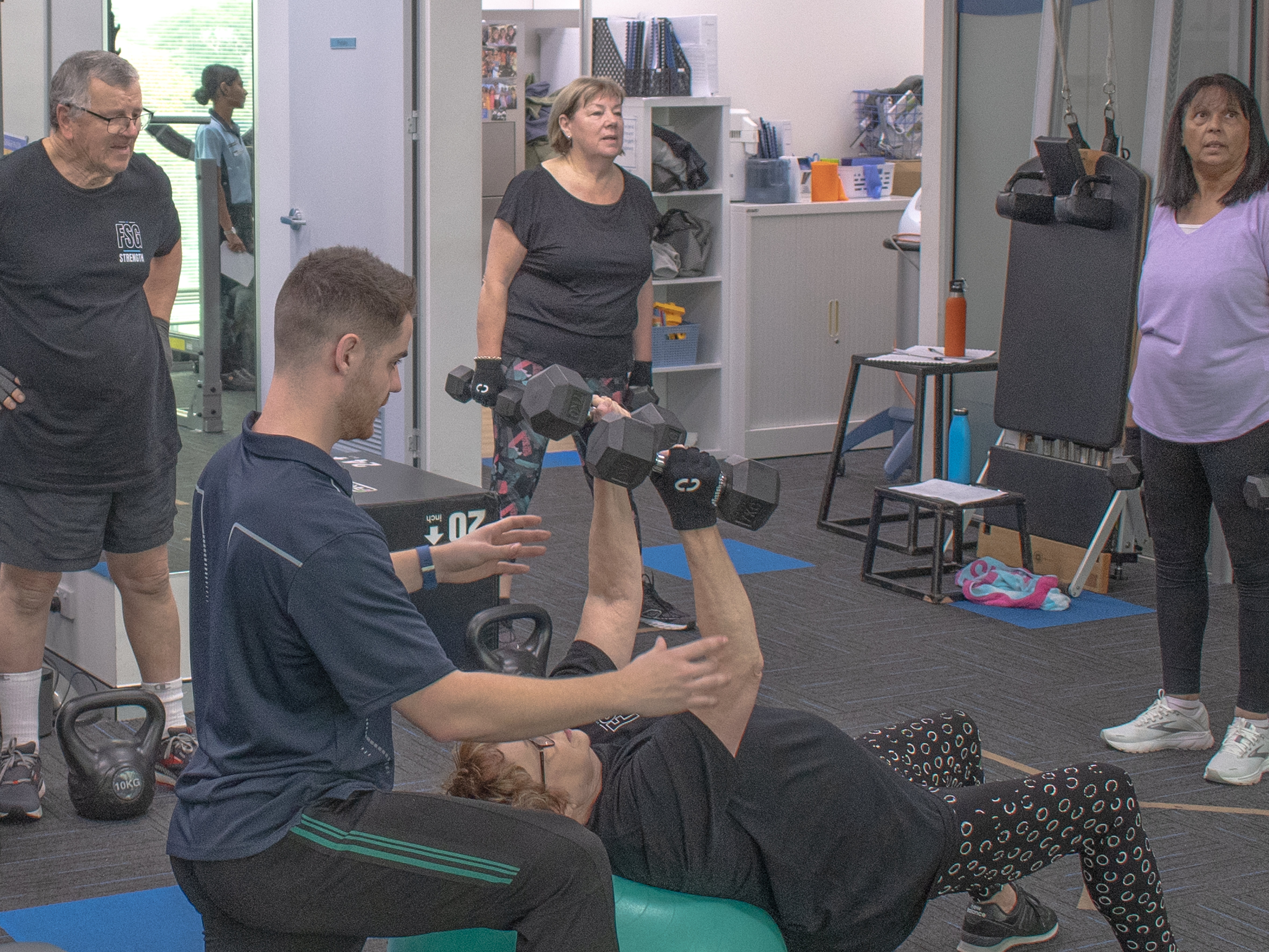Lower back pain affects many people and can make everyday activities feel harder or even stop you from doing what you enjoy. In this blog, Connor Foy, Physiotherapist at WA Health Group Murdoch, explains what really causes back pain, when it’s time to get help, and what treatments work. He also shares simple, effective stretches and recovery tips to help you feel stronger and move with confidence again.
Living with Chronic Fatigue Syndrome (CFS/ME) is more than just being tired. It’s a daily challenge that impacts your energy, confidence, and ability to enjoy the things you once loved. At WA Health Group, we understand how complex and frustrating this condition can be, and we're here to support you.
In this blog, we cover:
-
A gentle, individualised approach to movement
-
What to expect in your first exercise physiology session
-
Practical strategies you can start using today
-
Making real progress—at your pace
We don’t push. we partner.

Many people living with CFS may have received conflicting advice when it comes to exercise, such as resting for prolonged periods or exercising through their fatigue barrier. At WA Health Group, our experienced team of Exercise Physiologists (EPs) take a very different approach. We know that pushing through fatigue can make things worse, whilst resting and not doing any activity can have similar effects. That's why we focus on gentle, individualised movement plans that prioritise energy conservation, symptom management, and your long-term wellbeing.
Explore our exercise physiology services
What to expect in your first exercise physiology session?
When you book with one of our exercise physiologists, you’ll be met with empathy, patience, and practical expertise. Your first session is all about understanding your story, your current capacity, and what "better" looks like for you.
Together, we develop a plan that may include:
- Graded activity pacing (to avoid crashes)
- Energy tracking and rest scheduling
- Breathing and gentle mobility exercises
- Lifestyle and sleep support
All guided by your feedback and what your body is telling you.
Not sure where to start?
We offer a 15-minute complimentary health assessment for anyone unsure if exercise physiology is right for them. It's a relaxed, no-pressure conversation to see how we can support you.
Things you can do to manage CFS right now
While professional support makes a big difference, here are a few practical steps many of our patients find helpful:
- Track your energy levels: Note when you feel most alert vs. drained, and plan around that
- Pace your activities: Break tasks into smaller steps, and allow plenty of rest where necessary.
- Prioritise good sleep habits: Wind down early, keep a regular sleep schedule, and avoid screens late at night
- Stay hydrated and eat regularly: Stable blood sugar helps with fatigue management
- Listen to your body: If something feels like too much, it probably is. It is important to recognise this and know that sometimes doing nothing is okay.
Remember, small steps add up. Give yourself credit for every bit of progress.
Real progress, at your pace

We’re not here to rush you. We’re here to help you rebuild safely, with a plan that adapts as you do. Many of our patients with CFS have told us that having a clear, structured approach, one that respects their boundaries, helps them feel more in control and more hopeful.
If you’re living with chronic fatigue and wondering if movement can be part of your recovery, we’re here to help you explore it safely. Book with your local exercise physiologist in just 60 seconds.
Exercise Physiologist in Canning Vale | Exercise Physiologist in Burswood | Exercise Physiologist in Murdoch







